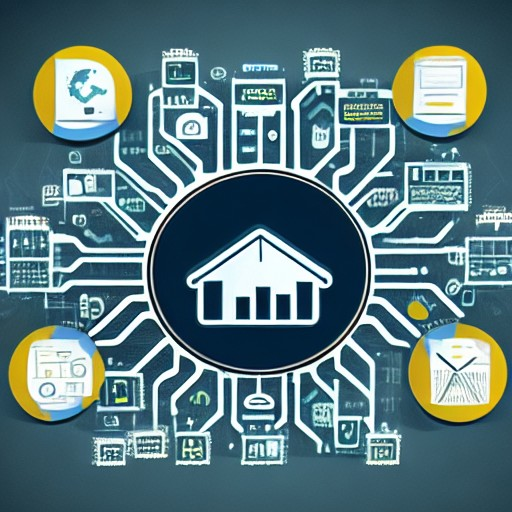The Ethics of Technology and Its Impact on Society
Technology has become an integral part of our daily lives, and it has changed the way we interact with each other and the world around us. While technology has brought many benefits, it also raises ethical questions and concerns about its impact on society. In this post, we will explore the ethical implications of technology and its impact on society.

The Benefits of Technology
Technology has brought many benefits to society. It has improved communication, transportation, education, and healthcare. We can connect with people from all over the world in real-time, access vast amounts of information, and receive medical treatment that was once impossible. Technology has also created new jobs, industries, and opportunities for economic growth.
The Ethical Concerns of Technology

As technology continues to advance, it raises ethical questions and concerns. The widespread use of social media, for example, has led to issues of privacy, cyberbullying, and online harassment. The use of artificial intelligence in decision-making processes has raised concerns about bias and discrimination. The development of autonomous weapons raises ethical questions about the use of technology in warfare.
The Impact of Technology on Social Interaction

Technology has changed the way we interact with each other. While it has made communication easier and more convenient, it has also led to a decrease in face-to-face interactions. Social media has created a culture of instant gratification and the need for constant validation. This has led to a rise in social anxiety, depression, and feelings of loneliness.
The Impact of Technology on Employment

The rise of automation and artificial intelligence has led to concerns about job displacement. Many jobs that were once done by humans are now being done by machines. While this has led to increased productivity and efficiency, it has also led to job loss and economic insecurity for many people.
The Impact of Technology on Education

Technology has revolutionized the way we learn and access information. With online courses and educational resources, anyone can learn anything from anywhere. However, it has also led to a decrease in critical thinking skills and a reliance on technology to do the work for us. It has also created a digital divide, where those who do not have access to technology are at a disadvantage.
The Responsibility of Technology Companies

As technology companies continue to innovate, they have a responsibility to consider the ethical implications of their products and services. They should prioritize the well-being of their users and the impact their products have on society. They should be transparent about how they collect and use data, and they should take steps to protect users' privacy and security. Additionally, technology companies should consider the impact their products have on the environment and work to minimize their carbon footprint.
Conclusion
Technology has brought many benefits to society, but it also raises ethical questions and concerns. As we continue to advance technologically, it is important to consider the impact our inventions have on society and the environment. Technology companies have a responsibility to prioritize the well-being of their users and the greater good. We must also take responsibility for our own use of technology and use it in ways that benefit society and the planet.